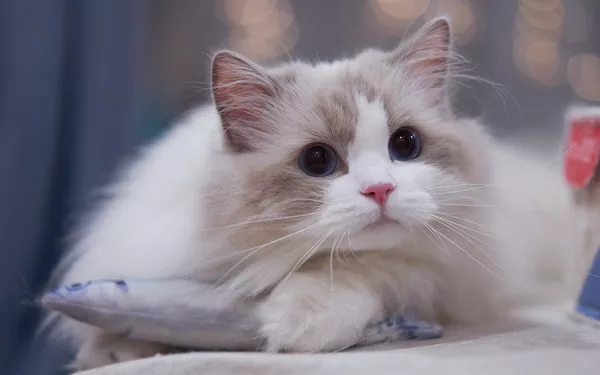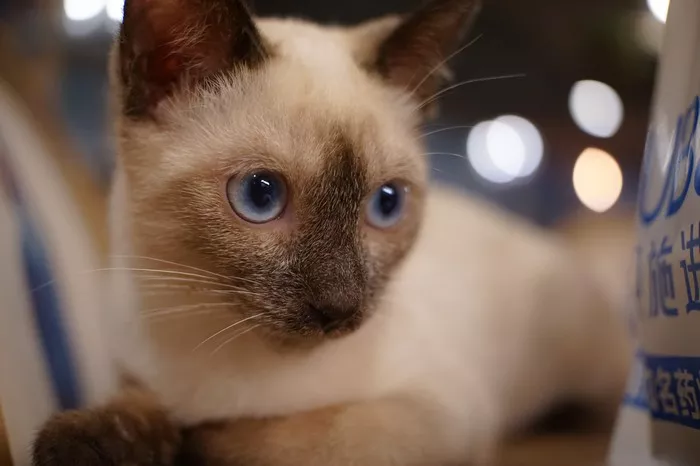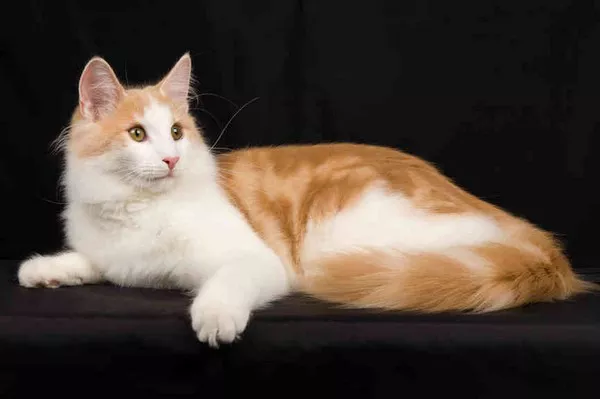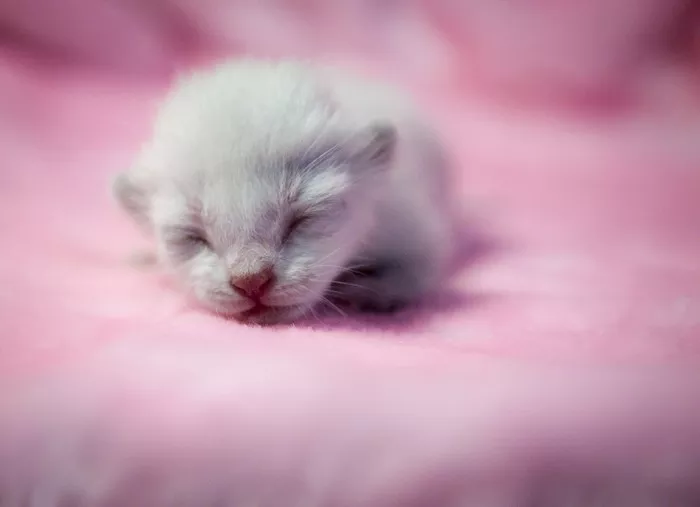Cats, with their discerning tastes and independent nature, often leave owners wondering about the suitability of various human foods for their feline companions. Yogurt, a popular dairy product known for its probiotic properties and creamy texture, is no exception to this curiosity. As cat owners, it’s essential to navigate the intricacies of feline nutrition and understand whether cats can safely enjoy the occasional spoonful of yogurt.
Exploring Feline Dietary Needs
Before delving into the world of yogurt, it’s crucial to grasp the fundamentals of a cat’s dietary requirements. Cats are obligate carnivores, meaning their bodies are designed to thrive on a diet primarily composed of meat. Unlike omnivores, cats lack specific digestive enzymes needed to break down and utilize plant-based nutrients efficiently.
Key Aspects of Feline Nutrition:
Protein Dominance:
Cats require a high-protein diet to meet their unique nutritional needs. Animal-based proteins, such as those found in meat, are essential for their overall well-being.
Limited Carbohydrates:
While some carbohydrates can be tolerated, cats don’t have a biological necessity for them. Excessive carbohydrates in a cat’s diet can lead to health issues.
Moderate Fat Intake:
Healthy fats are crucial for a cat’s energy requirements. However, moderation is key to prevent obesity and related concerns.
Hydration Importance:
Cats are notorious for being low-volume drinkers. Wet cat food and access to fresh water contribute to their hydration needs.
The Yogurt Dilemma: Is It Safe for Cats?
Yogurt, derived from the fermentation of milk by beneficial bacteria, is often lauded for its probiotic content and potential digestive health benefits. However, when it comes to cats, several considerations should be taken into account before introducing yogurt into their diet.
Lactose Sensitivity:
Lactose Intolerance in Cats:
Many adult cats, like some humans, are lactose intolerant. Lactose is a sugar found in milk, and cats, lacking the enzyme lactase, may struggle to digest it properly.
Digestive Upset Risk:
Feeding yogurt to lactose-intolerant cats can result in digestive upset, including diarrhea, stomach cramps, and discomfort.
High Fat and Sugar Content:
Fat Levels in Yogurt:
Yogurt, especially flavored varieties, can contain high levels of fat. While fat is essential, excessive intake can contribute to obesity in cats.
Sugar Concerns:
Flavored yogurts often contain added sugars, which are unnecessary for a cat’s diet. Excess sugar consumption may lead to weight gain and other health issues.
Probiotic Benefits:
Probiotics and Digestive Health:
Probiotics in yogurt can promote a healthy gut flora balance. In some cases, providing a small amount of plain, unsweetened yogurt with live cultures might offer digestive benefits.
Caution with Flavored Varieties:
If considering yogurt for its probiotic properties, opt for plain yogurt without added sugars or artificial sweeteners. Flavored varieties may contain ingredients that are unsafe for cats.
Choosing Cat-Safe Yogurt Options:
If you decide to share a taste of yogurt with your cat, it’s essential to choose cat-safe options and practice moderation.
Consider the following guidelines:
Plain, Unsweetened Yogurt:
Opt for plain, unsweetened yogurt with live cultures. This minimizes the risk of added sugars, artificial sweeteners, and flavorings that can be harmful to cats.
Proportion Control:
Limit the serving size to a small spoonful. Cats don’t need large quantities, and moderation helps prevent potential health issues.
Lactose-Free Alternatives:
Explore lactose-free yogurt options designed for cats. These alternatives cater to feline digestive sensitivities.
Observing Your Cat’s Response:
Before incorporating yogurt into your cat’s diet, closely observe their reaction to this dairy treat. Look out for signs of:
Digestive Upset:
Monitor for changes in stool consistency, vomiting, or any signs of gastrointestinal distress.
Allergic Reactions:
Cats can have allergies. Watch for any unusual behaviors, itching, or swelling that might indicate an adverse reaction.
Weight Management:
Be mindful of your cat’s weight, especially if yogurt becomes a regular treat. Excessive treats can contribute to obesity.
In Conclusion:
While the idea of sharing a spoonful of yogurt with your cat may seem appealing, it’s vital to prioritize their health and dietary requirements. Cats, being obligate carnivores, thrive on meat-based nutrition. If you choose to offer yogurt, select plain, unsweetened varieties in moderation. Always be attentive to your cat’s response, and consult with your veterinarian if you have concerns about introducing new foods into their diet. The key to a happy and healthy cat lies in a balanced and species-appropriate nutrition plan tailored to their unique feline needs.



























